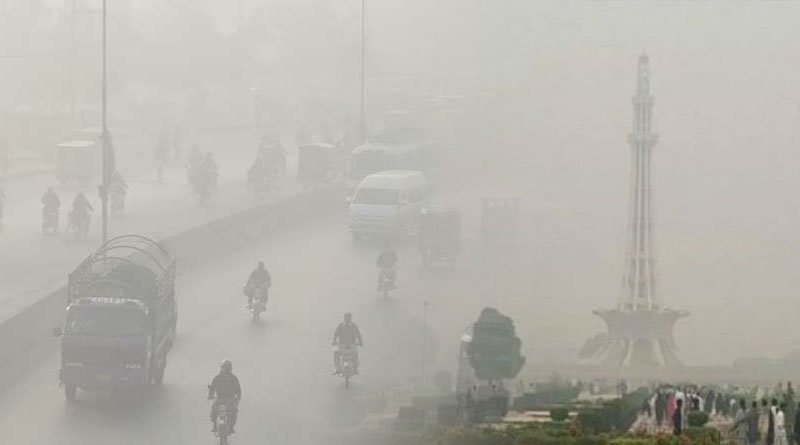With the aid of a fresh grant from the Clean Air Fund, engineers from Carnegie Mellon University in Africa and CMU’s College of Engineering hope to close this knowledge gap.

Due to the lack of information on air quality in the majority of areas, experts are unsure of the exact number of people in Africa who are affected by air pollution. However, according to estimates from the Journal of Geophysical Research, deaths caused by poor air quality are among the continent’s top five leading causes of death.
With the aid of a fresh grant from the Clean Air Fund, engineers from Carnegie Mellon University in Africa and CMU’s College of Engineering hope to close this knowledge gap.
The money will be used to establish a facility in Accra, Ghana, where low-cost air quality sensors will be tested and evaluated for accuracy. Staff members will also receive training in data collection and analysis techniques for the deployed technology.
The project will expand on the earlier efforts of AfriqAir, a group affiliated with Carnegie Mellon Africa that aims to bring together international researchers to advance knowledge about air quality in Africa.
Many CMU alumni are represented in the team of international collaborators, including Tim Brown, a professor of electrical and computer engineering and engineering public policy, Albert Presto, a research professor of mechanical engineering, and Paulina Jaramillo, a professor of engineering and public policy. Brown also serves as the director of research at CMU-Africa.
AfriqAir has installed 50 inexpensive air sensors across 11 African nations since 2020. The group and their partners have been able to collect significant data thanks to the deployment of these sensors, but thousands more sensors are still required to build a complete picture of the air quality situation in Africa.
Anyone (companies, universities, governments, and nongovernmental organisations) will be able to test their air quality sensors at this new facility against a reference device, which will serve as the “gold standard” for assessing the efficacy of this sensing technology.
AfriqAir has installed 50 inexpensive air sensors across 11 African nations since 2020. For Africa’s air quality testing infrastructure, Presto stated, “We want to be technology agnostic.” By giving organisations a place to test their technology, we hope to foster growth in the field of air quality.
With the assistance of collaborators from Ghana, Allison Hughes, a senior lecturer at the University of Ghana, and Kofi Amegah, an associate professor at the University of Cape Coast, the West Africa testing centre will be operational within the year.
The strong air quality research community in Ghana and the widespread interest in air quality led AfriqAir to decide to establish the testing facility in Accra.
“Everyone with an interest in air quality, from policymakers to scientists to laypeople, must find ways to get around the limitations of inexpensive sensors and ensure that they are providing accurate readings. I’m hoping that this new testing facility will give air quality stakeholders the confidence to use inexpensive sensors,” said Michael Giordano, AfriqAir’s executive director.
The real work of directly enhancing air quality through laws and policies can start once confidence has been established.
Researchers with AfriqAir are initially concentrating on opening the West Africa testing centre, but they eventually hope to open more centres across the continent to increase the prevalence of air quality testing in East, South, and North Africa.
The team recently held a conference at CMU-Africa to bring together its partners and collaborators from all over the world to discuss recent funding for the testing centre in Ghana as well as upcoming projects.